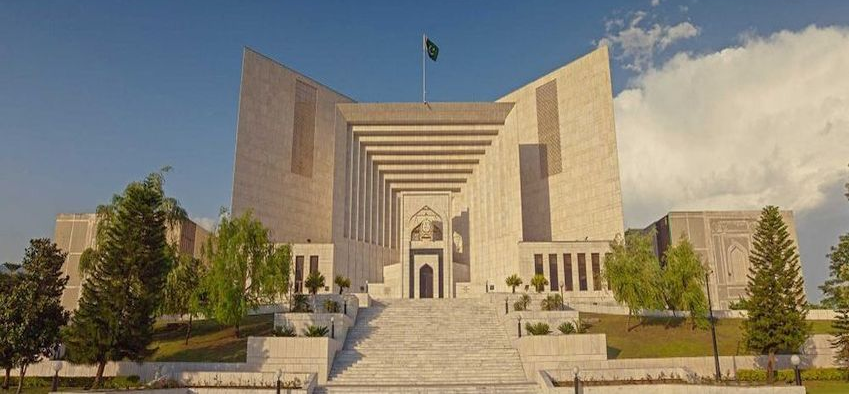The Acting Chairman of Federal Service Tribunal cannot Assume the Full Authority of a Regular Chairman in resolving Tied Decisions --- Supreme Court of Pakistan
Islamabad 28-08-2024: In a significant ruling, the Supreme Court of Pakistan has remanded a case back to the Federal Service Tribunal, citing improper adjudication due to a difference of opinion between tribunal members and the involvement of an Acting Chairman. The case, involving a challenge to the decision of the Federal Service Tribunal, hinged on the interpretation of specific provisions within the Service Tribunals Act, 1973.
The judgment was delivered by a bench comprising Mr. Chief Justice Qazi Faez Isa and Mr. Justice Naeem Akhtar Afghan. The central issue before the Court was whether the term "Chairman" as used in Section 3A(2)(c) of the Service Tribunals Act, 1973, should be extended to include an Acting Chairman. This section gives the Chairman's opinion decisive weight in the event of a tie among tribunal members.
The Court noted that there was a difference of opinion between Mr. Rana Zahid Mahmood, the Acting Chairman of the Federal Service Tribunal, and another member, Mr. Muhammad Javed Ghani. However, the Court ruled that the legislature, in its wisdom, did not intend for an Acting Chairman to have the same authority as a regular Chairman in such matters.
The Court emphasized the importance of strictly interpreting statutory provisions, particularly when exceptions to general rules are involved. It was noted that Section 3A(2)(c) does not explicitly include an Acting Chairman, and therefore, the Court cannot extend the meaning to include one. The principle of strict interpretation led the Court to conclude that the Acting Chairman’s opinion could not be given the same weight as that of a regular Chairman in the event of a tie.
Given the unresolved difference in opinion and the absence of a regular Chairman in the tribunal, the Supreme Court ordered the remand of the case to the Chairman of the Federal Service Tribunal for reconsideration. The Court directed that the case be given priority and resolved expeditiously, ideally within three months from the receipt of the Court's order.
The judgment highlights the judicial scrutiny over the roles and powers of tribunal members and underscores the importance of adhering to statutory frameworks in administrative law.
This decision is likely to have significant implications for future cases involving disputes within the Federal Service Tribunal, particularly concerning the authority of Acting Chairmen in decision-making processes.
Powered by Froala Editor








